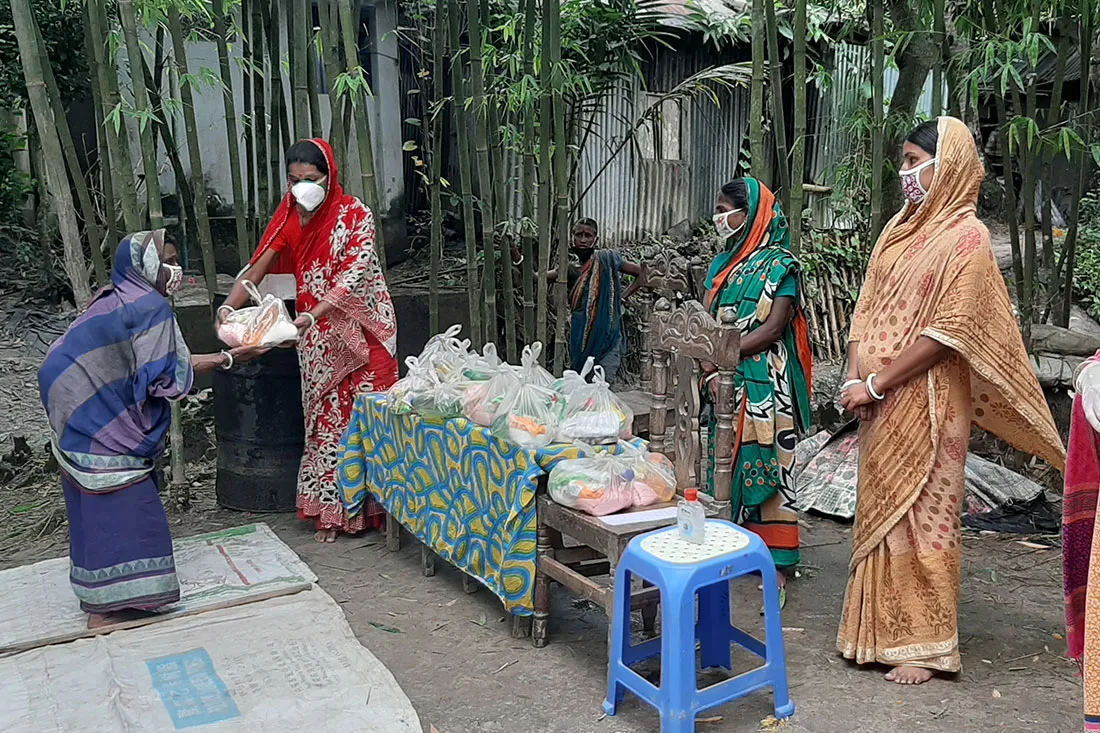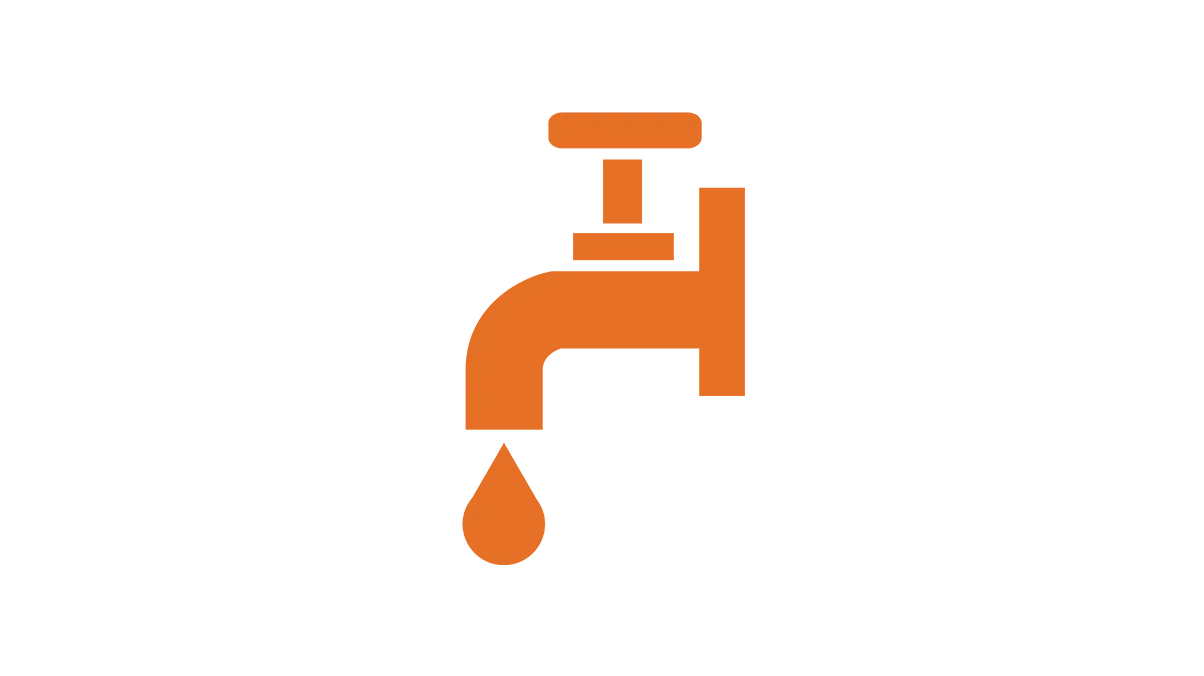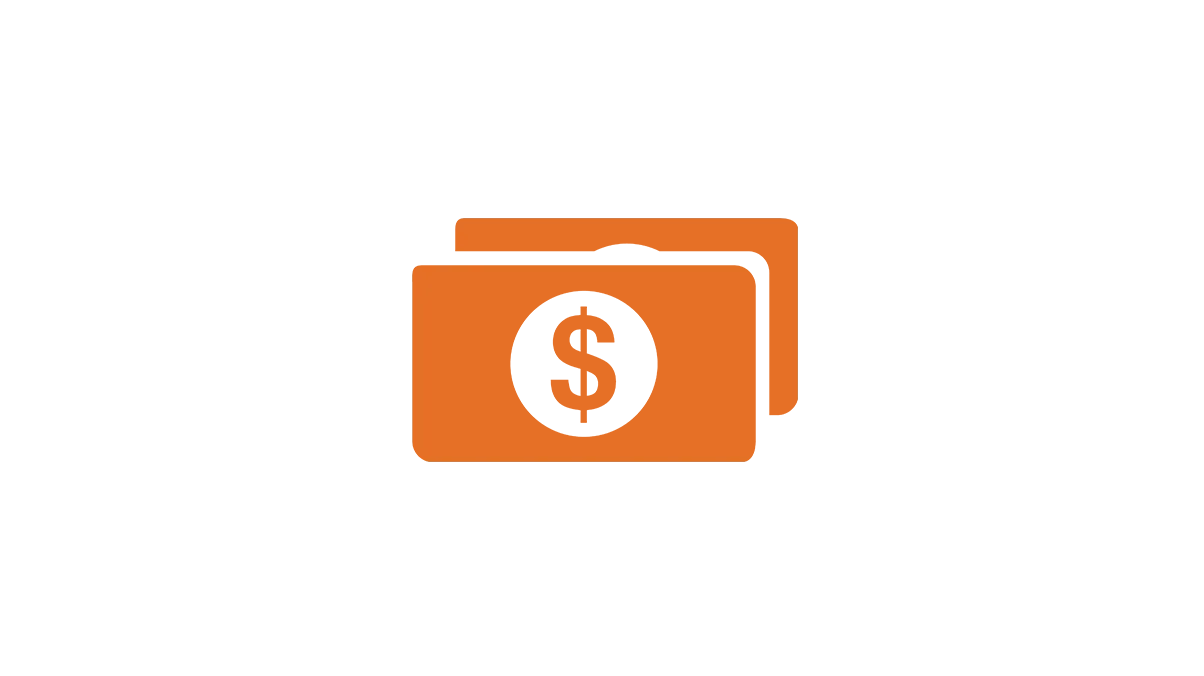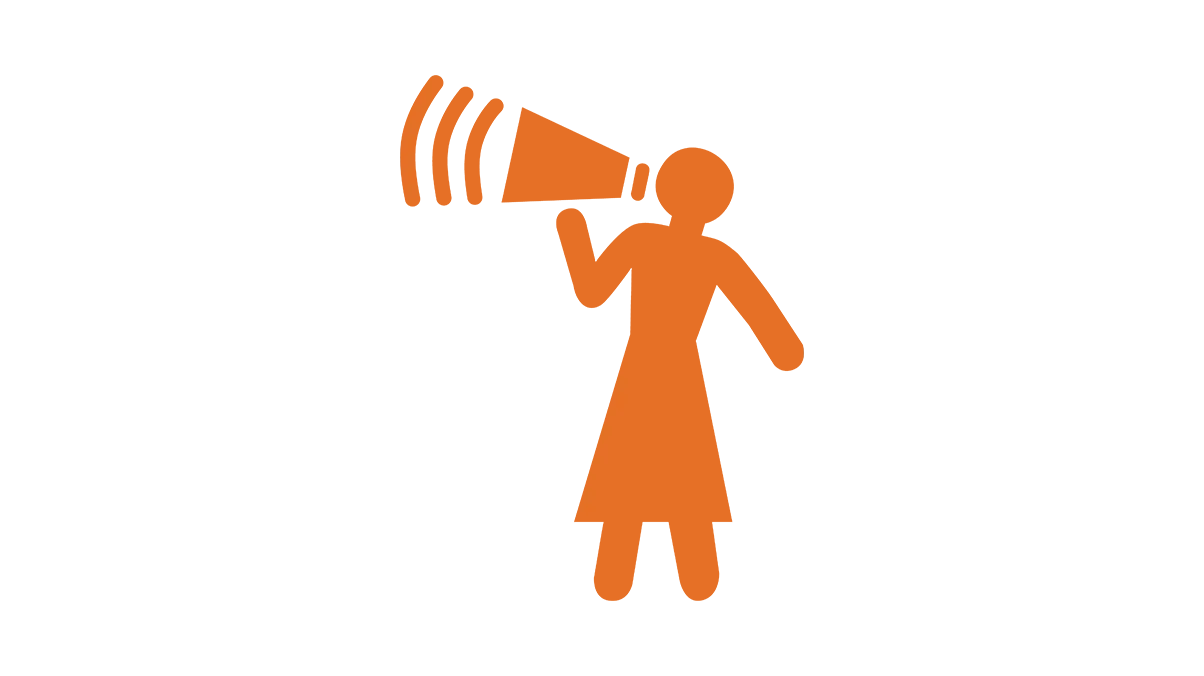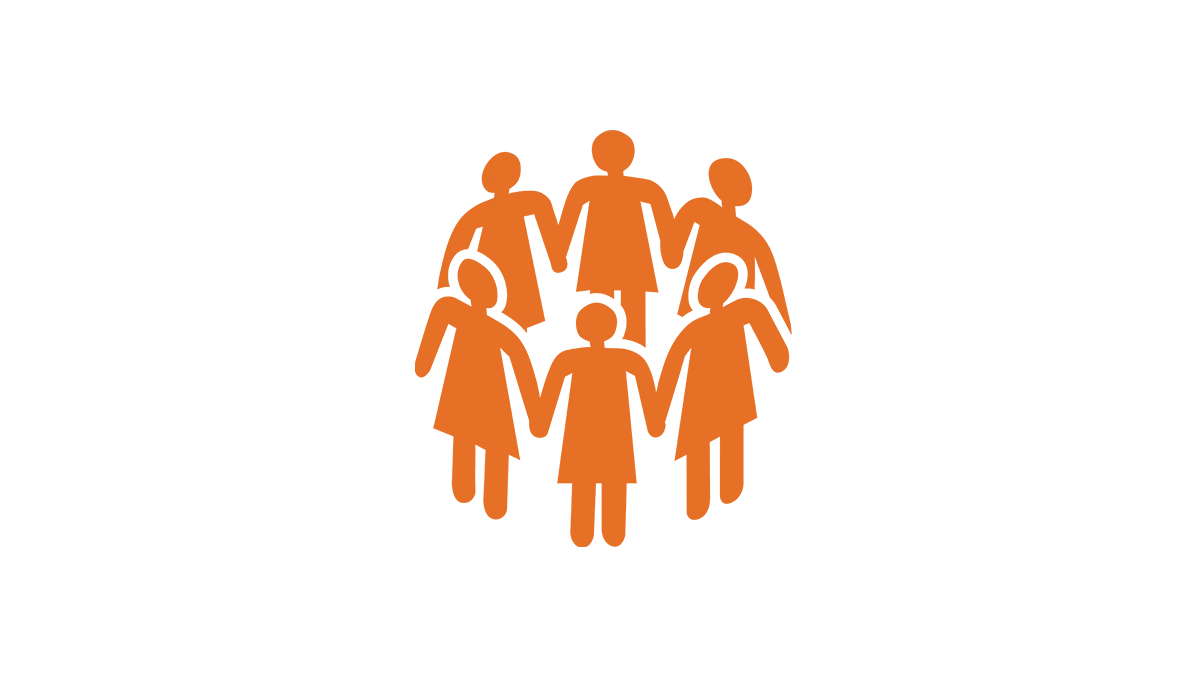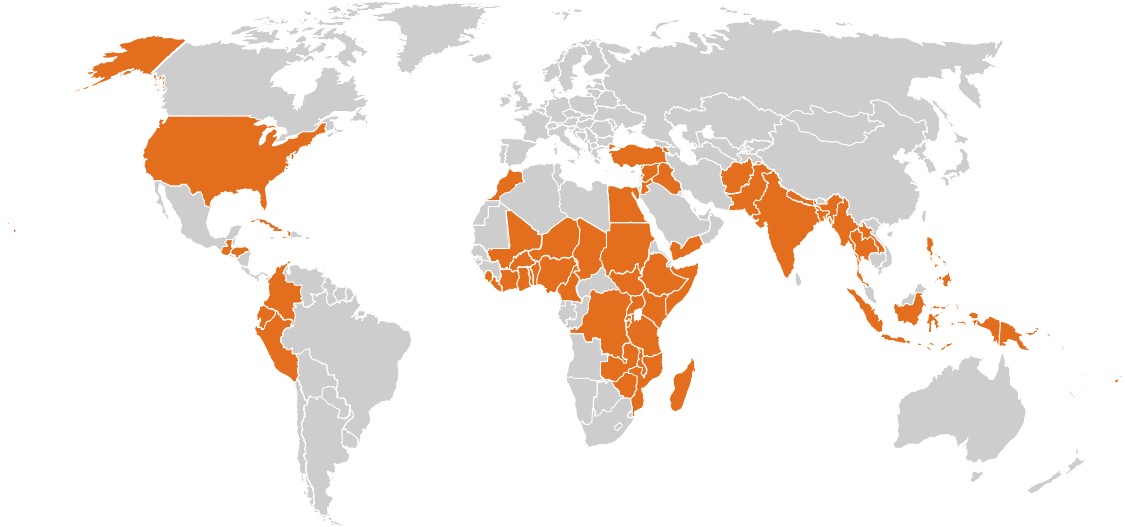Join us on the Path Forward
While COVID-19 vaccines bring new hope, the danger is far from over. COVID-19 has triggered crises on multiple fronts that could take decades to reverse. Continued outbreaks, loss of income and education, and deepening hunger crises will further exacerbate the situation.
CARE and our partners are on the front lines of the COVID-19 response, and we’re not slowing down. As urgent needs emerge around the world, CARE is committed to reaching the most vulnerable, ramping up our efforts in pandemic hotspots and providing a holistic response – centered on women and girls – to help people access vaccines, food, education, and livelihoods. Over the next six months, CARE is redoubling our efforts as we commit to raising an additional $50 million for three interconnected priorities:
- $20M to defeat the virus through vaccine education and delivery
- $20M to fight the hunger crisis (the pandemic’s other deadly wave)
- $10M to recover and build resilience
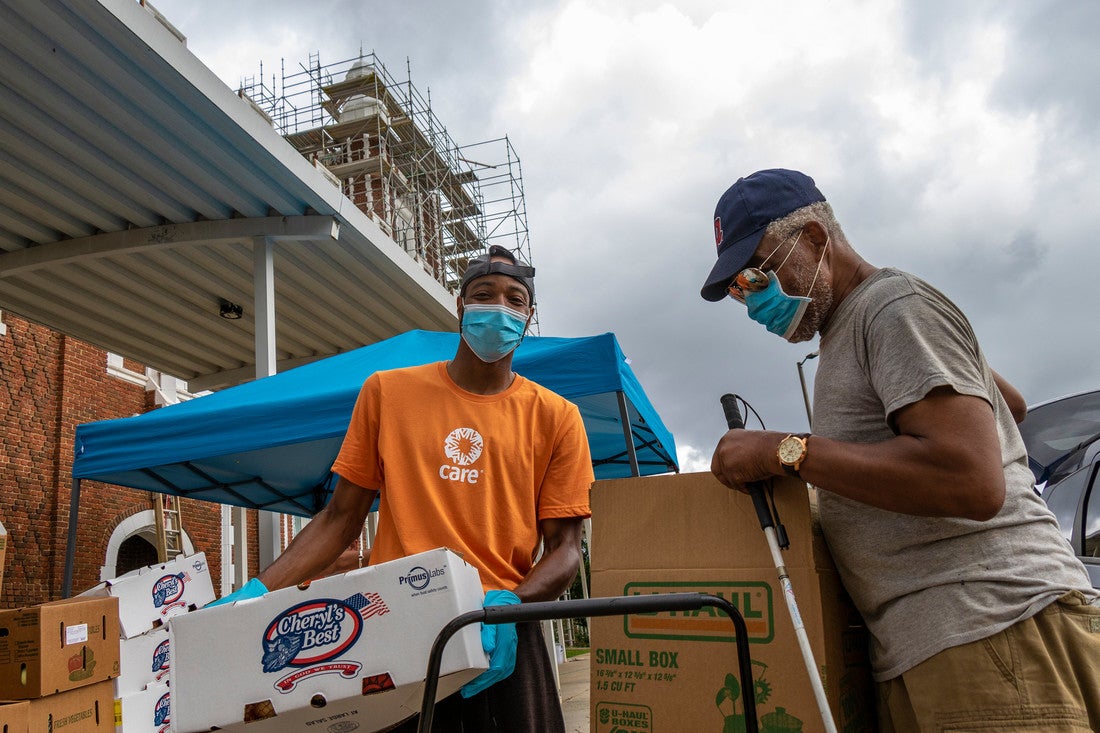
Expanding Our U.S. Crisis Response
In the face of growing poverty and inequality in the U.S., CARE will continue to expand our work, bringing the best of what we’ve learned around the world to fight poverty and injustice at home. Over the next three years, our goal is to sustainably reduce poverty with proven programming—starting with CARE Package Relief and Community Savings & Loan Associations, which we will expand to key cities to foster more savings and reduce dependence on harmful payday loans. Our vision is to create a U.S.-based micro-savings model that can be scaled and replicated by other organizations in any targeted community where the need is great. As in all of CARE’s work, we will apply a strong social justice lens and focus on historically marginalized groups with an emphasis on Black, indigenous, and other women of color who are one financial shock away from slipping into deep poverty.
We Cannot Do This Without You
The global COVID-19 pandemic represents an all-hands-on-deck moment for humanity. CARE is determined to ensure that the world’s most vulnerable people are not forgotten in prevention, vaccination, and economic recovery efforts. We cannot do this without you—please join CARE now in fighting alongside women and girls to build back a stronger, more equitable future for all.

